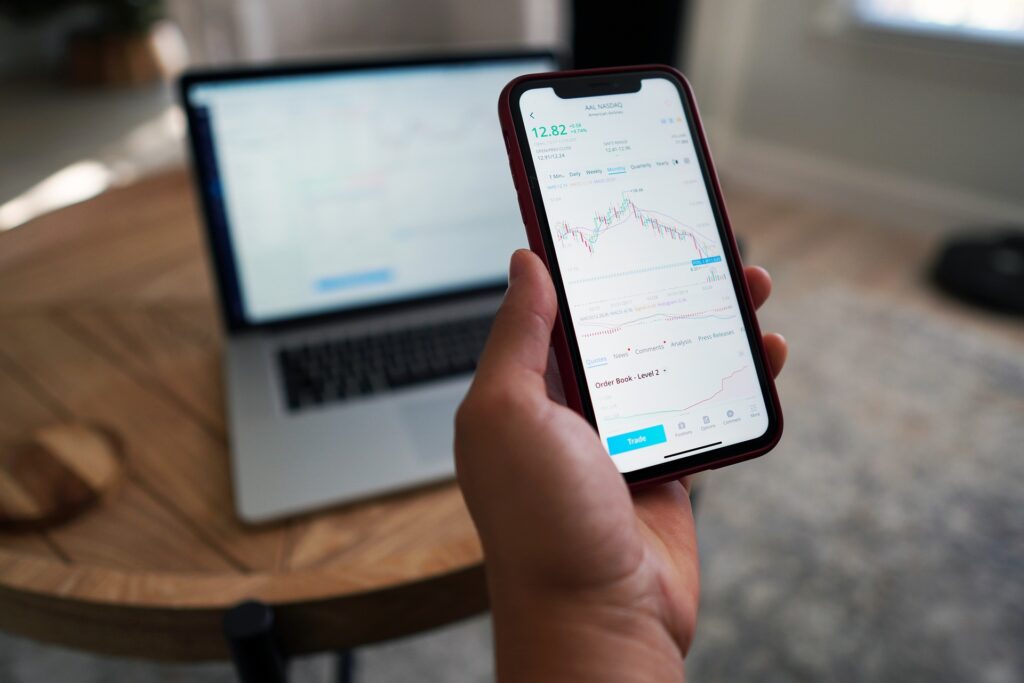Table of Contents
Contracts for Difference (CFDs) are a popular investment tool in Singapore, but they can be very risky for new traders. This article will explore the risks involved in CFD trading and why it’s essential to do your research before investing.
What are CFDs?
They are derivative products that allow investors to trade on the price movements of various assets, such as stocks, indices and currencies. They offer a high degree of liquidity and flexibility and can be used to speculate on markets’ movements or hedge against risk. Why are CFDs risky?
CFDs are a high-risk investment and can be especially risky for inexperienced traders. Here are some of the risks involved in CFD trading:
CFDs are a leveraged product.
It means that traders can control a large contract size with a relatively small amount of money. This leverage can work both ways, though, magnifying profits as well as losses.
Lower margins
The margin required to trade CFDs is usually much lower than traditional investments such as stocks and shares. It makes it easier for traders to enter into trades without committing a lot of capital upfront. However, it also means that losses can be incurred more quickly.
Price
The prices of CFDs are based on underlying assets such as stocks, commodities or currencies. These assets can be very volatile, meaning that the prices of CFDs can rush up and down. It makes it difficult for traders to predict where the prices will go, resulting in losses if they are not careful.
No physical delivery
CFDs are a derivative product, which means no physical delivery of the underlying asset. It can be a disadvantage if the trader wants to take delivery of the asset, for example, if they are trading gold CFDs and want to take delivery of gold bullion.
Counterparty risk
CFDs are traded on margin, which means that the trader only has to put up a small amount of money to open a position. When the market moves against them, they may be required to post additional funds to keep their positions open. If they cannot do this, the broker may close their positions and lose their investment.
Limited order types
CFD brokers usually offer a limited number of order types, making it difficult for traders to execute their trades in the way they want. It can lead to frustration and poor trading decisions.
No protection against losses
Unlike traditional investments, there is no protection against losses when trading CFDs. It means that if the trader loses money, they lose all of it. There is no option to claim back any losses from the broker.
High fees
CFD brokers usually charge high fees for trading CFDs. It can eat into profits and be a disadvantage for traders who are not making a lot of money.
Liquid markets
CFDs are traded on margin, which means that the trader only has to put up a small amount of money to open a position. When the market moves against them, they may be required to post additional funds to keep their positions open. If they cannot do this, the broker may close their positions and lose their investment.
No regulation
CFDs are not regulated in Singapore, meaning there is no guarantee that the broker will honour their trades or that the trader will get their money back if the broker goes bankrupt. It can be a considerable risk for traders unfamiliar with how CFDs work.
No Dividends
CFDs do not entitle the trader to any dividends from the underlying asset. It can be a disadvantage for investors looking for income from their investments.
Gamification
Many CFD brokers offer trading platforms that are designed to look like games. It can make trading feel more like gambling than investing, leading to poor trading decisions.



